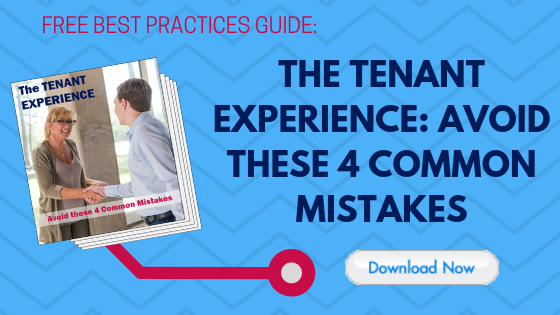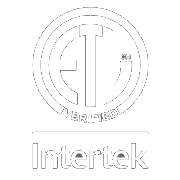BLOG CATEGORIES
Tenant Satisfaction : Being Transparent

In the property management industry, keeping tenants satisfied is a non-negotiable. Of course, many factors contribute to tenant satisfaction. One of the top items? Clear communication. Here’s how you can be transparent by your tenants’ standards.
Developing a solid reputation for transparency can increase tenant satisfaction and decrease your vacancy rate. The practice of transparency must come from both building staff and tenants. As the property manager you can set the precedent by cultivating an environment of honesty, attentiveness and excellent customer service to encourage a more stable and prosperous property.
Find out how to improve safety and reduce costs at your property
Our best-in-class emergency phone + monitoring solutions provide peace of mind and are backed by decades of expertise
Learn More
2022 ELLIES WINNER
Best Supplier -
Communication System
The American Bar Association muses that “while the landlord-tenant relationship is supposed to be a business relationship, in many ways it resembles a romantic relationship in that, due to its personal nature, can easily become messy.” Both landlords and tenants may tend to agree with that comparison as one of the major cornerstones of any relationship is transparency: no hidden agendas, nothing shady, and all the information needed for a healthy collaboration and partnership.
Common reasons for a lack of transparency: broken promises, poor communication, and failure to meet expectations. Take away transparency, and you have a messy relationship. The tenant, who is emotionally invested in the property, will find a lack of transparency to be hurtful, disappointing and frustrating. What usually happens as a result: a breakup.
Keep it two-way.
Listen to what your tenants are wanting (and expecting), and do whatever you can to meet their expectations. Of course, a tenant must be able to do the same and know what you want and expect from them. A mutual understanding like this can lead to a more solid and trusting relationship.
Communicate the lease out loud.
Review the lease together. If there are details that may seem unclear or even hidden, make sure the tenant understands the terms. Encourage questions. Be sure the tenant acknowledges any item in the lease that is non-negotiable. Your offer to break down the lease point by point will contribute to your reputation for transparency.
Put promises in writing.
If a lease signing depends on a condition, like a repair, a paint job or new appliances, put it in writing (within the lease) and then follow through. Don’t agree to it on a handshake. Any misunderstanding can get in the way of your reputation for transparency.
Provide frequent updates.
Let your tenants know everything that is happening on or with the property: upgrades, repairs, renovations, painting. Don’t let the tenant have to ask or wonder about any sudden changes to the property. They’ll appreciate your heads up.
Be reachable.
Tenants should know that they can access you to talk about issues, problems and concerns. Of course, emergencies should be addressed right away, but be sure your tenants also know that any other concerns can be discussed through specific office hours, regular tenant surveys and emails/texts that you respond to quickly. If your tenants find you hard to reach, you will not be considered transparent.
Be open to suggestions.
A suggestion box, tenant survey or common-room meeting can show your tenants that you are proactively interested in their concerns. Addressing each issue honestly will add to your transparency reputation.
FREE DOWNLOAD- The Tenant Experience: Avoid These 4 Common Mistakes >>
Know your tenants’ rights, and let them know that you know.
A general knowledge of tenant rights in your city or state will show your tenant that you are aware of their entitlements and protections, and that they deserve them.
Focus on solutions.
If a tenant sees that you are present, involved, and trying your best to get their issue resolved (for instance, a clogged toilet, a broken window), then you are working toward solutions and not excuses or procrastination.
Looking for more ways to bring in good tenants? Check out our blog post on safety amenities that attract families and singles.
Be clear about your emergency technology and how to use it.
An excellent, user-friendly emergency communications system protects tenants and minimizes your liability. If a tenant witnesses or is a victim of a crime, an accident or even a stuck elevator, a solution like Kings III can get help at the touch of a button. It’s also faster, more direct and more reliable than a smartphone. A Kings III call box is designed to contact help directly and immediately, automatically providing a fixed, known location every time. No dropped calls or lost cell phone signals. Our Kings III monitoring service keeps your residents connected in times of emergency, dispatching help, providing medical instruction and reinforcing your commitment to your property’s and tenants’ security.
Kings III’s all-inclusive services offers a complete package of code compliant emergency telephone equipment, installation and maintenance, plus 24-hour state-of-the-art monitoring and dispatch services.
To learn more about how Kings III can increase transparency and the perceived value of your facility, visit www.kingsiii.com.
CATEGORIES TAGGED
ELEVATORS
PROPERTY SAFETY
CATEGORIES
KEEP LEARNING

2024 Brings Increased Adoption of Codes Requiring Video and Two-Way Messaging for Elevator Communications
As 2024 progresses, the adoption of safety codes mandating video and two-way messaging capabilities for elevator communications is gaining momentum across the United States.

What an Emergency Dispatcher will Most Likely Ask You
When suddenly faced with an emergency, you may immediately feel frightened and helpless. An emergency communications system can help reduce or eliminate those reactions by providing immediate assistance. Here's what you can expect on the other side of a call you place from an emergency phone.

Kings III Makes The Dallas Morning News Top 100 Places to Work List Becoming a 4x Winner
We're honored to be recognized by our employees and The Dallas Morning News by making the daily newspaper’s Top 100 Places to Work list for the 4th year in a row, falling in at 26th in the midsize companies category.
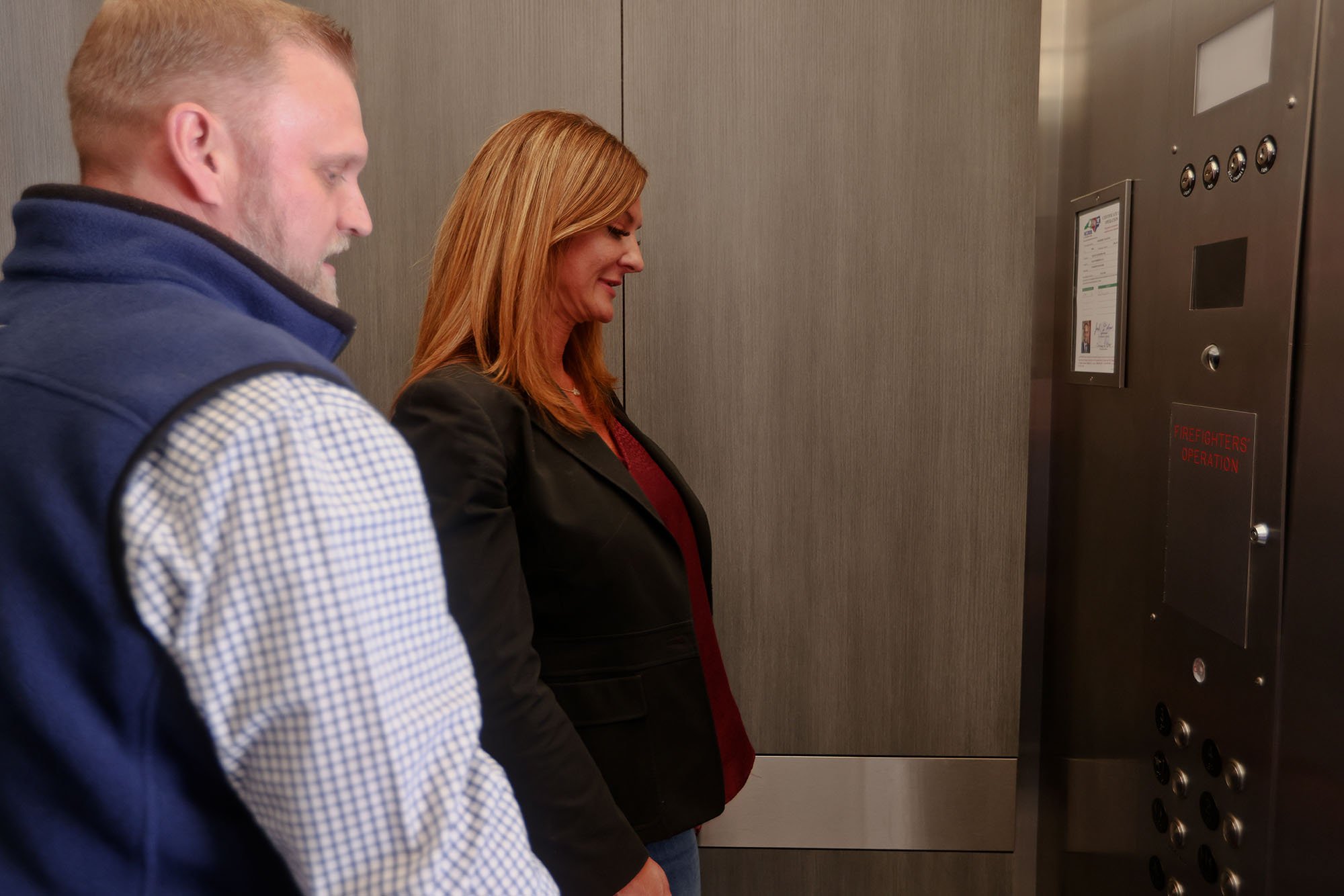
January 2024 Elevator Code Updates in Florida
Florida property managers have finally completed DLM requirements in their elevators (hopefully). But wait, there's more! Florida will adopt ASME 2019 starting January 1, 2024. Learn what this means, how you can comply, and get guidance from our code experts.
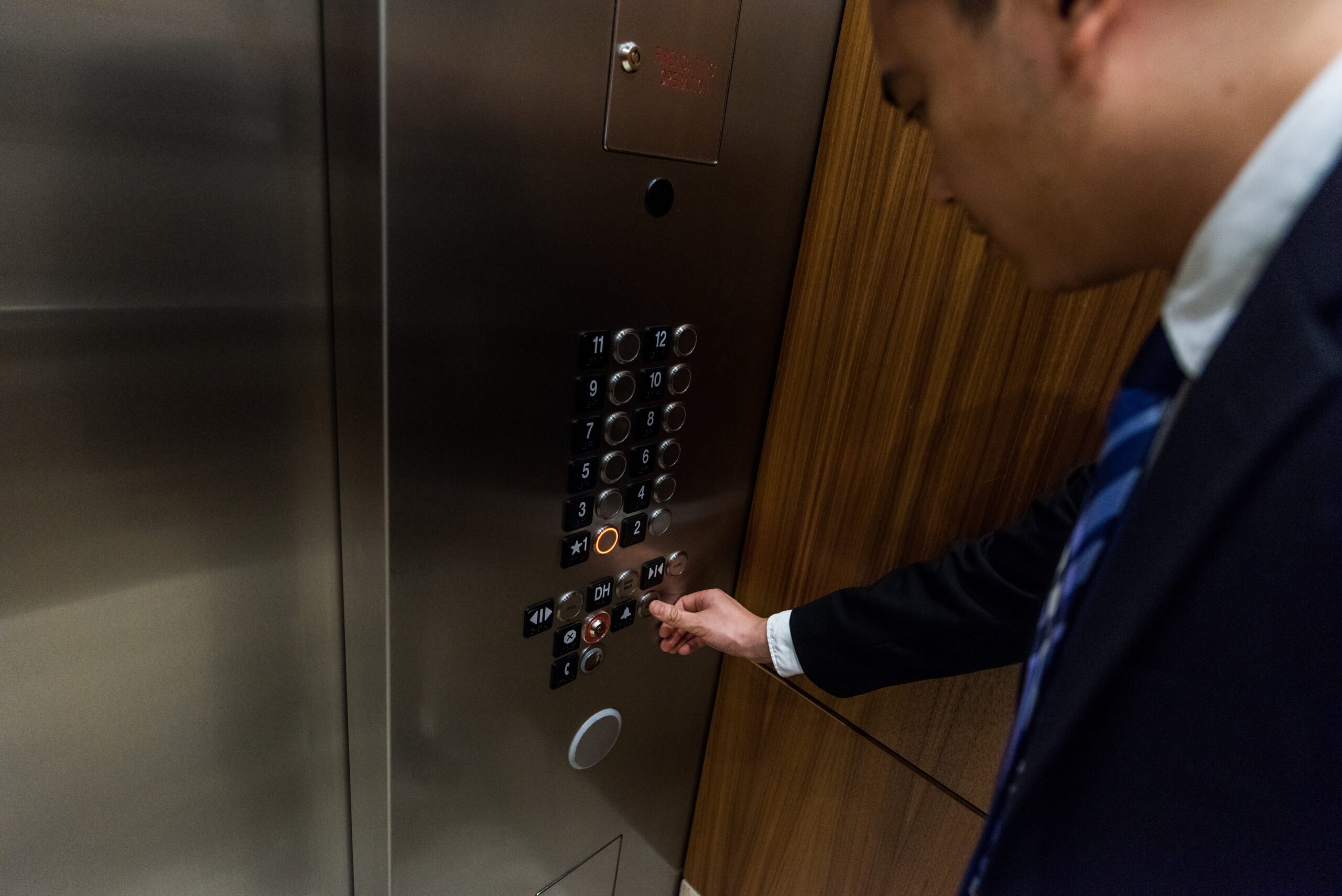
Survey Reveals Gaps in Building Emergency Communications Plans
A recent survey of property management professionals revealed that while more than 60 percent of respondents were aware that telecom companies are phasing out POTS (Plain Old Telephone Service, also known as analog copper land lines), nearly half reported their elevator emergency communication systems are still based on this endangered technology.

Successful Hotel CO Inspections
A CO is a vital requirement before opening your new-build/renovated hotel. One area we often see overlooked within the process is telecommunications. To help get you started, we’ve compiled a checklist of key telecom-specific items to consider that may be subject to inspection.
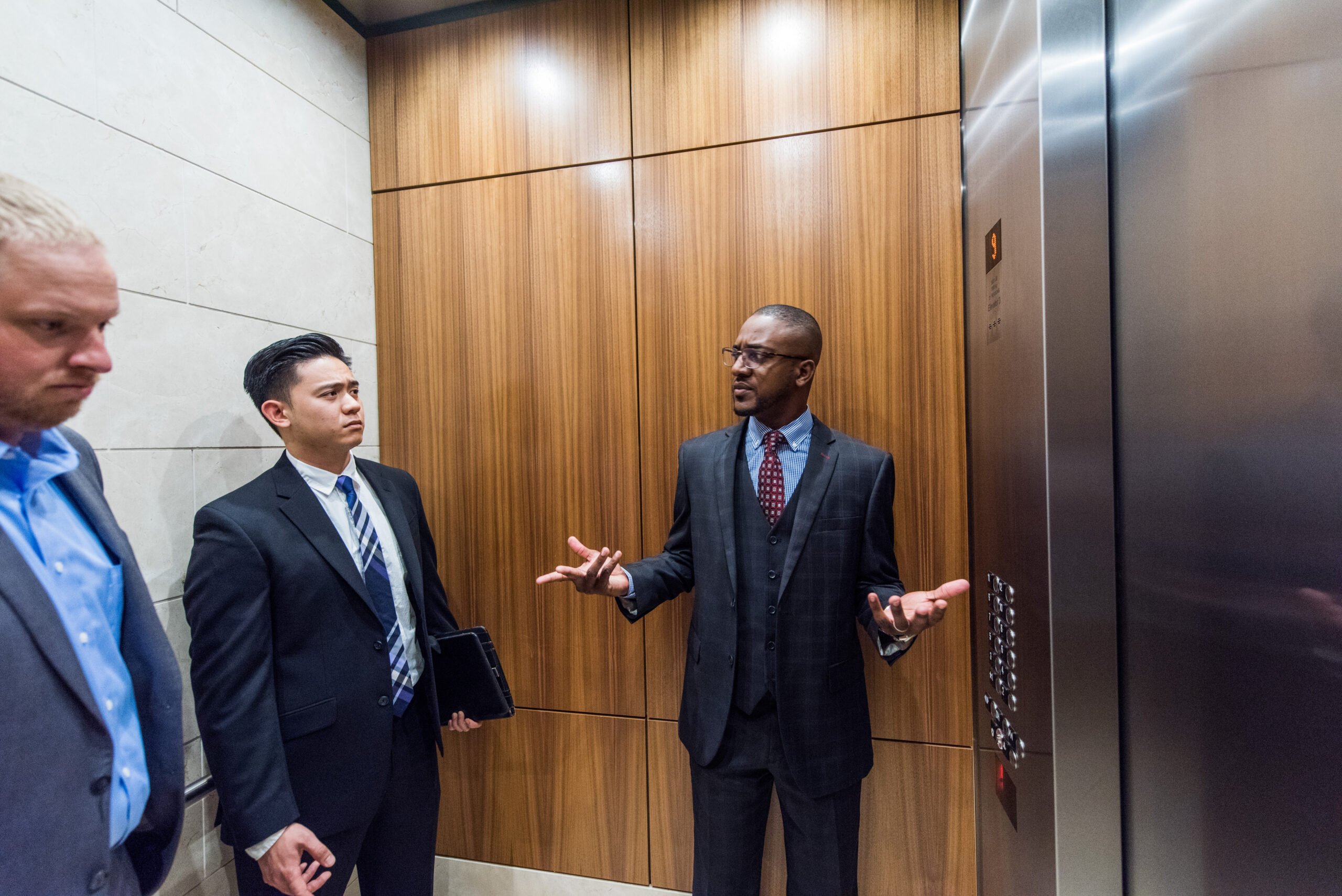
How is Elevator Liability Defined?
One of a building owner’s worst nightmares: a passenger gets into an elevator in perfect health but ends the ride with a serious physical or psychological injury. Thankfully, this is an extremely rare scenario, but all those involved in building management should know exactly how to define elevator liability and take action if an incident occurs.
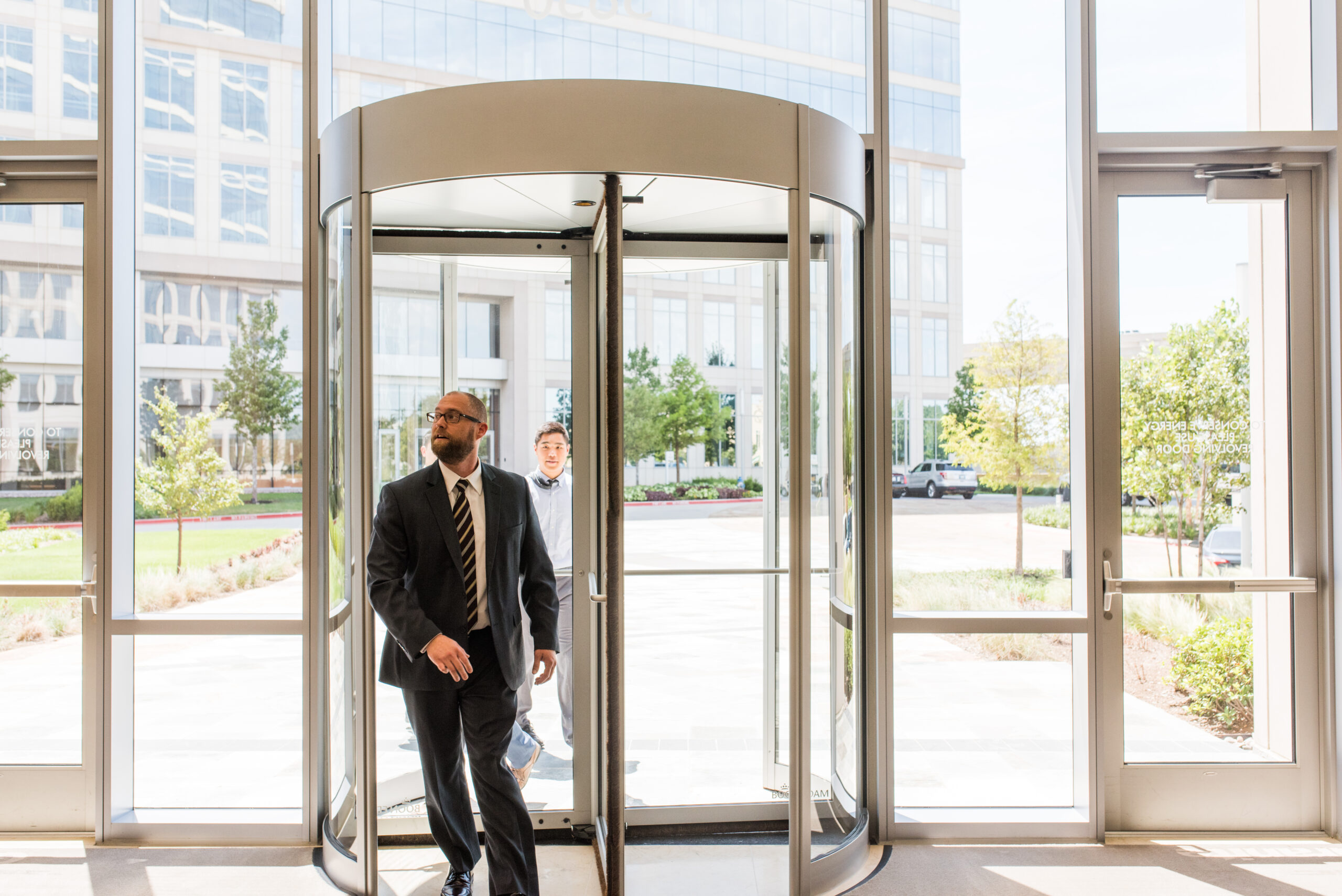
How is Your Premise Liability Law IQ?
A premises liability lawsuit holds a property owner responsible for any damages arising out of an injury on that person or entity's property. Keeping your property safe is, therefore, your number-one priority. Here's exactly what you need to know.

Kings III of America Announces CEO Transition
Kings III today announced that as part of a thoughtful succession process, Dennis Mason will be stepping down as Chief Executive Officer and transitioning to Senior Advisor. Norm Nelson, who has served as Chief Operating Officer since 2018, will succeed Mr. Mason as CEO.


